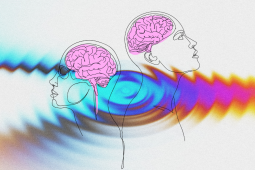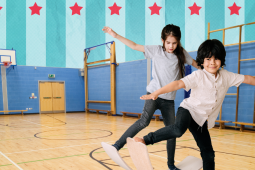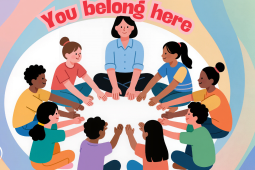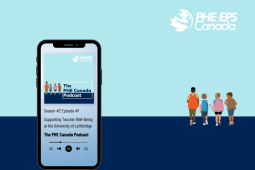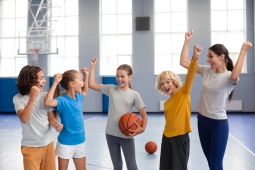Brittany Giles, EDI Scholarship Recipient: Redefining Physical Education Through Indigenous Perspectives
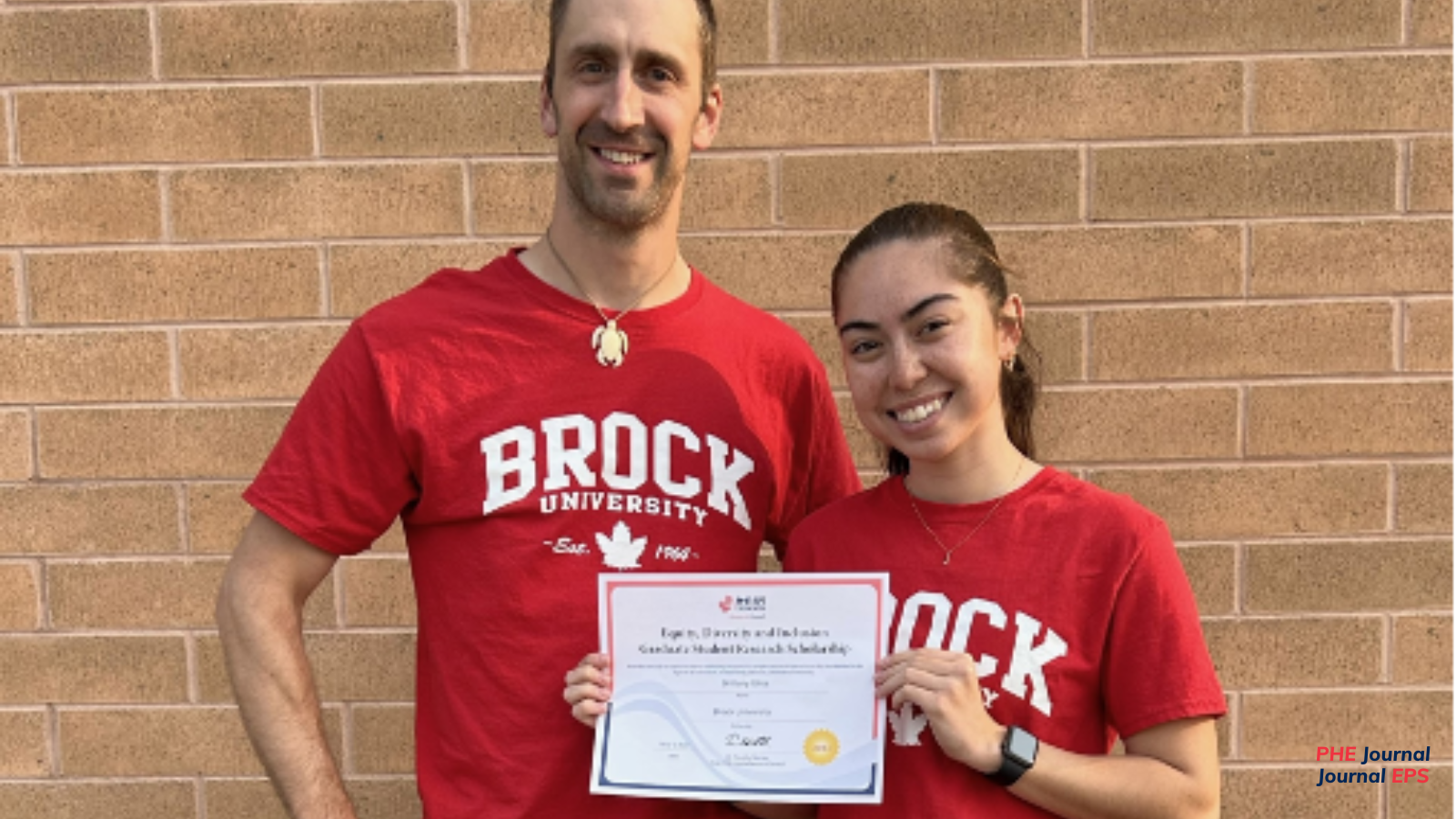
In 2023, the PHE Canada Research Council awarded the first two EDI Scholarship winners. As one of those inaugural winners, Brittany Giles is hopeful that her research will encourage change in curriculum development so that it will honour student voice, particularly those from equity deserving populations.
Brittany’s research focuses on Physical Education learning experiences within Indigenous communities. Brittany plans on continuing her research in this area to continue the conversation around curriculum and what we are teaching our students. She firmly believes that when teachers listen to their students and their needs, we can apply a wholistic approach to Physical Education where students and educators can then engage with the curriculum through a decolonial lens.
Brittany is a second year Master’s student in Applied Health Sciences specializing in Health and Physical Education at Brock University. Coming from a biracial (half Filipino and half White) home in Brampton, Ontario, Brittany distinctly remembers watching her mother experience racism when she grew up. Rather than being looked for who she was, Brittany found it frustrating to see her mother being looked at for the colour of her skin. Brittany then decided to dive deeper into this issue and began looking into the history of her family. She was drawn to the history of her great grandparents on her dad’s side, specifically her great grandmother. Brittany learned that her great grandmother was Métis (she was Blackfoot, Algonquin, and Scottish) and at the time of this research, soon discovered and quickly realized that she didn’t know much about Canada’s history. After connecting with her great uncle about their family history Brittany became connected with an Elder from Six Nations. She listened to the Elder’s stories and the work she does in her community which Brittany marks as a pivotal and inspirational moment in her life saying, “...it shaped me in a way where I knew I always wanted to be a part of community work, and through these connections it was kind of the path that led me to [it].”
Brittany first learned about PHE Canada’s Research Council and the EDI Scholarship through her supervisor, Dr. Nathan Hall. The gratitude that Brittany feels for being the recipient of this scholarship is unmatched highlighting the fact that it will support her future studies so more time can be put into her research.
Brittany encourages teachers to listen to students' voices. Through her own self-reflection and studies, Brittany has learned there shouldn’t be only “one way” to create, approach and teach curriculum content. Be the kind of teacher that is reflective and tries to find decolonial ways of teaching. A more wholistic approach to learning in the classroom creates a sense of belonging as each students’ experiences, learning styles, home lives, culture, identities, etc. are different. In the future, Brittany hopes that how we give our pre-service teachers the tools and knowledge to build culturally relevant pedagogy will help in changing the approach to how students are taught.
On behalf of the PHE Canada Team, we wish you all the best as you embark on this next chapter with your research, Brittany.
For more information on the EDI Scholarship, please visit Equity Diversity and Inclusion Graduate Student Research Scholarship.



